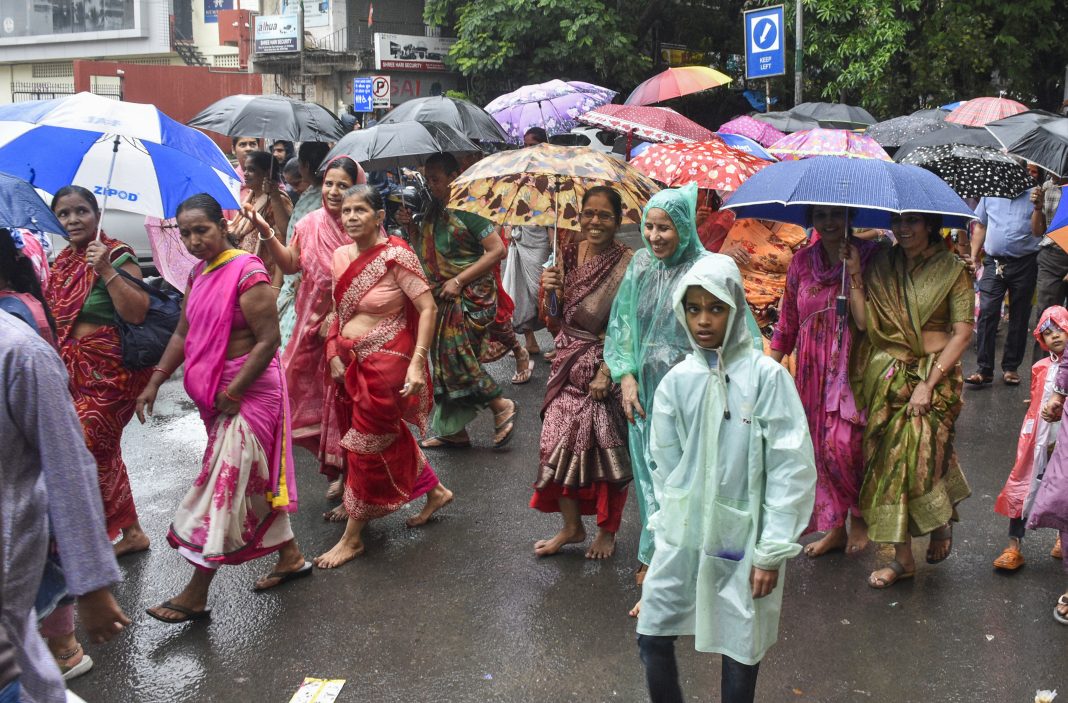Tura, August 31, 2025 : In a groundbreaking initiative to uncover the historical origins of Meghalaya’s major tribes—Garo, Khasi, and Jaintia—Meghalaya Chief Minister Conrad K Sangma has announced an ambitious program to explore their ancient roots, with plans for an expedition to Tibet to trace the Garo roots and another to Cambodia and Laos in Southeast Asia for the Khasi-Pnar tribes. The announcement, made on the sidelines of the silver jubilee celebration of the only Garo daily Salantini Janera, today in Tura, marks a significant step toward scientifically documenting the ancestral histories of these indigenous communities.
For centuries, oral traditions and historical writings have suggested that the Garo tribe may have migrated from Tibet. However, no formal expedition or research has been undertaken by the government to verify these claims with factual data, said the chief minister. He informed that to address this gap, the Department of A.chik Culture is assembling a team to visit Tibet and other regions where Garo ancestors are believed to have lived. “We aim to explore places where our ancestors are said to have had a footing or dwelling to obtain authentic historical data,” informed Conrad K Sangma.
He revealed that intriguing linguistic connections have further fuelled this initiative, with reports available that certain communities in Tibet use numerical terms strikingly similar to those of the Garo language, such as the words for numbers one, two, and three. The proposed expedition, pending clearance from the Ministry of External Affairs (MEA), Government of India, is expected to launch by the end of 2025 or early 2026. The team will conduct fieldwork to gather historical, cultural, and linguistic evidence to substantiate these claims.
Similarly, the program will explore the historical links of the Khasi and Pnar (Jaintia) tribes to Southeast Asia, particularly Cambodia, Laos, and the Khmer people. Plans are being made to undertake scientific research to trace these connections, delving into archaeological, linguistic, and cultural evidence to uncover the tribes’ historical backgrounds. “This is not just about history; it’s about understanding who we are and preserving our identity for future generations,” said the chief minister. (PTI)




